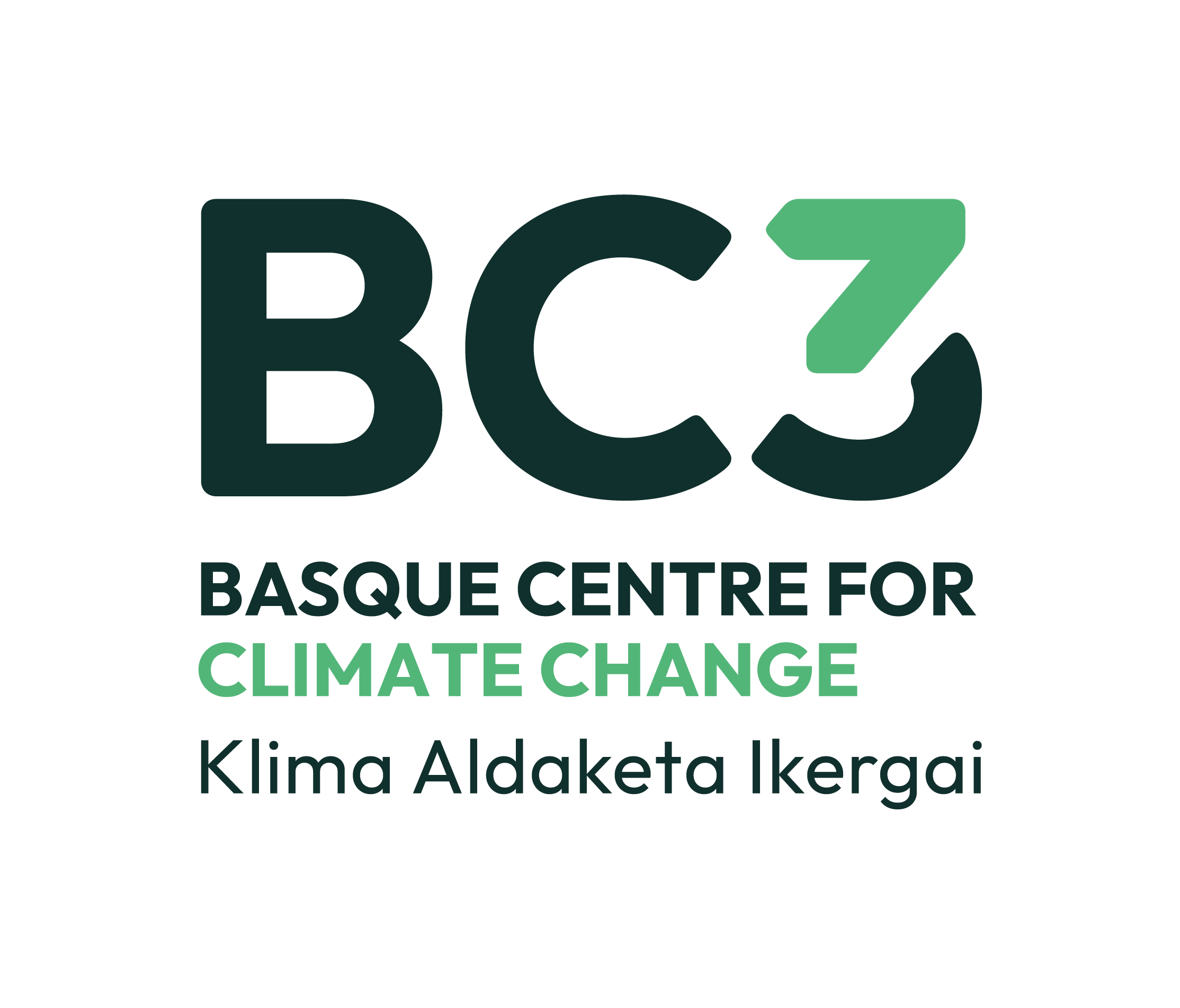
BC3 Basque Centre for Climate Change
If you are the contact person for this centre and you wish to make any changes, please contact us.
Research proffesor at Ikerbasque, the Basque Centre for Climate Change (BC3)
Head of International Relations at the Spanish Society of Public Health and Healthcare Administration (SESPAS), organiser of the 2026 European Public Health Conference (EUPHA), Ikerbasque Research Professor at the Basque Centre for Climate Change (BC3) and professor and researcher at the universities of Alcalá and Johns Hopkins
Scientific Director of the BC3 Basque Centre for Climate Change
Head of the Climate Change Adaptation Research Group at the Basque Centre for Climate Change (BC3) and expert in urban climate governance
Researcher at BC3 (Basque Center for Climate Change).
Ikerbasque Research Fellow at the Basque Centre for Climate Change
Ikerbasque research professor at the Department of Plant Biology and Ecology of the University of the Basque Country (UPV/EHU), Leioa, Spain and research associate at BC3. His research interests include ecology, evolution, conservation biology and biogeography. He is currently leading a research group in molecular ecology
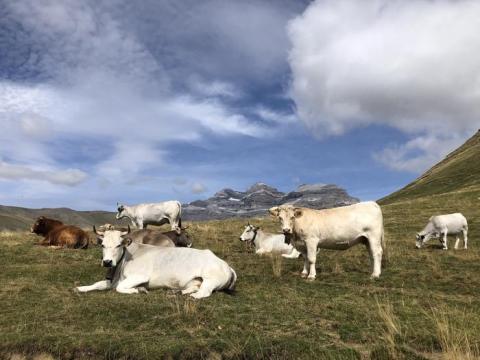
Although extensive livestock farming has increased in some regions, it has also decreased in 42% of pastures dedicated to this purpose, according to a study published in the journal PNAS that analyses data from 1999 to 2023. The decline has occurred in wealthy areas of the world, such as Europe, North America and Australia, where consumption trends have shifted towards animals such as pigs and chickens. The increase was seen in poorer areas, specifically in Africa, Asia, South America and Central America. The authors of the study, one of whom is Spanish, state that ‘reductions in livestock stocking rates can have significant ecological consequences at regional and global scales,’ affecting biodiversity and fire regimes.

The GHGSat satellite constellation has identified 3,114 oil, gas and coal facilities worldwide that emitted 8.3 million tonnes of methane in 2023, according to data published in the journal Science. These estimates are more accurate than inventories taken on the ground or in the atmosphere.
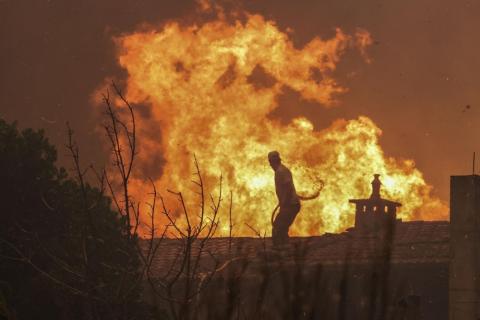
Climate change has made the hot, dry and windy weather conditions that spread fires across the Iberian Peninsula 40 times more frequent and 30% more intense than in the pre-industrial climate, according to a rapid study by World Weather Attribution. The ten-day heatwave was also 200 times more likely and 3°C hotter due to climate change. The study, which analysed weather observations rather than climate models, warns that fires in Europe are overwhelming firefighting resources and highlights the importance of controlling vegetation in affected areas.

Analysis of data from a mobile health app covering more than 5,000 people in 1,609 cities in the United States reveals that moving from a less walkable area to a more walkable area leads to an increase in the number of steps taken per day, and vice versa. Walkability was measured using the Walk Score, an index based on parameters such as proximity to services, block length and intersection density. According to the authors, the results can serve as a guide for urban design policies that improve public health. The study is published in Nature.

Forests cover approximately 40% of Europe's land area. Between 1990 and 2022, they absorbed around 10% of the continent's emissions from human activity, but this process is slowing down. An international team, including CREAF and CSIC, analyzes this decline and its causes in an article and proposes possible solutions. The work is published in the journal Nature.
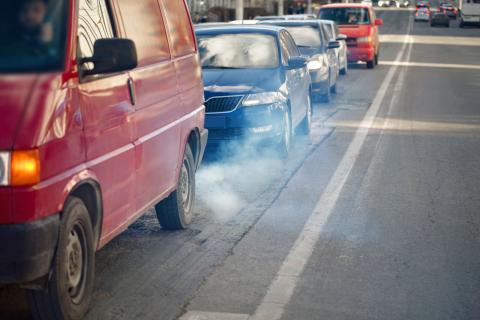
The carbon available for emission without exceeding the 1.5°C limit set in the Paris Agreement—known as the carbon budget—could be exhausted in just over three years at the current rate of CO2 emissions. This is one of the conclusions of a new edition of Indicators of Global Climate Change, published in the journal Earth System Science Data. The study also shows that between 2019 and 2024, sea levels rose by an average of around 26 millimetres: more than double the rate of 1.8 mm per year recorded since the beginning of the 20th century.
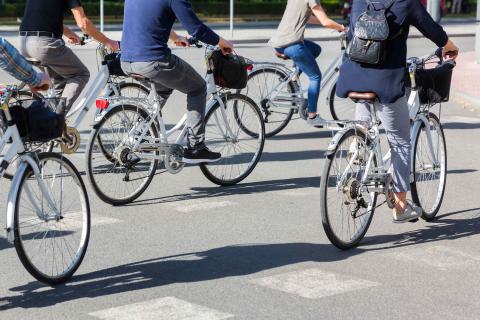
A team from the United States has analysed data on modes of transport in more than 11,500 cities in 121 countries around the world, including Spain, representing 41% of the world's population. In addition to studying the factors that most influence the proportion of journeys made on foot or by bicycle, they estimate that if each city analysed increased the extent of its cycling network to the level of Copenhagen (Denmark), private vehicle emissions would be reduced by 6% and the public health benefits would be equivalent to around £37 billion. The results are published in the journal PNAS.

Today the Spanish Parliament rejected the creation of the State Public Health Agency, a proposal that had been envisaged since the Public Health Act of 2011 and whose idea of implementation had resurfaced after the pandemic.

Grass-fed beef is not less carbon intensive than industrial beef, even after correcting for soil sequestration enhancement by rangeland grazing, according to a study published today in the journal PNAS that analysed emissions and livestock data from the United States.

The 16th meeting of the United Nations Conference on Biodiversity (COP16) in Rome has concluded with an agreement to adopt the first global plan for financing nature conservation, after three days of meetings. This meeting meant resuming the negotiations that began last October in Cali (Colombia), where the parties failed to reach an agreement on how to finance the Kunming-Montreal Global Biodiversity Framework reached at COP15, which aims to protect a third of the land and oceans by 2030.